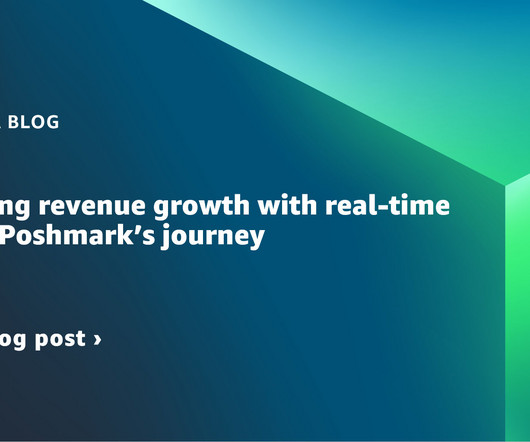How OLAP and AI can enable better business
IBM Big Data Hub
DECEMBER 7, 2023
Online analytical processing (OLAP) database systems and artificial intelligence (AI) complement each other and can help enhance data analysis and decision-making when used in tandem. As AI techniques continue to evolve, innovative applications in the OLAP domain are anticipated.














Let's personalize your content